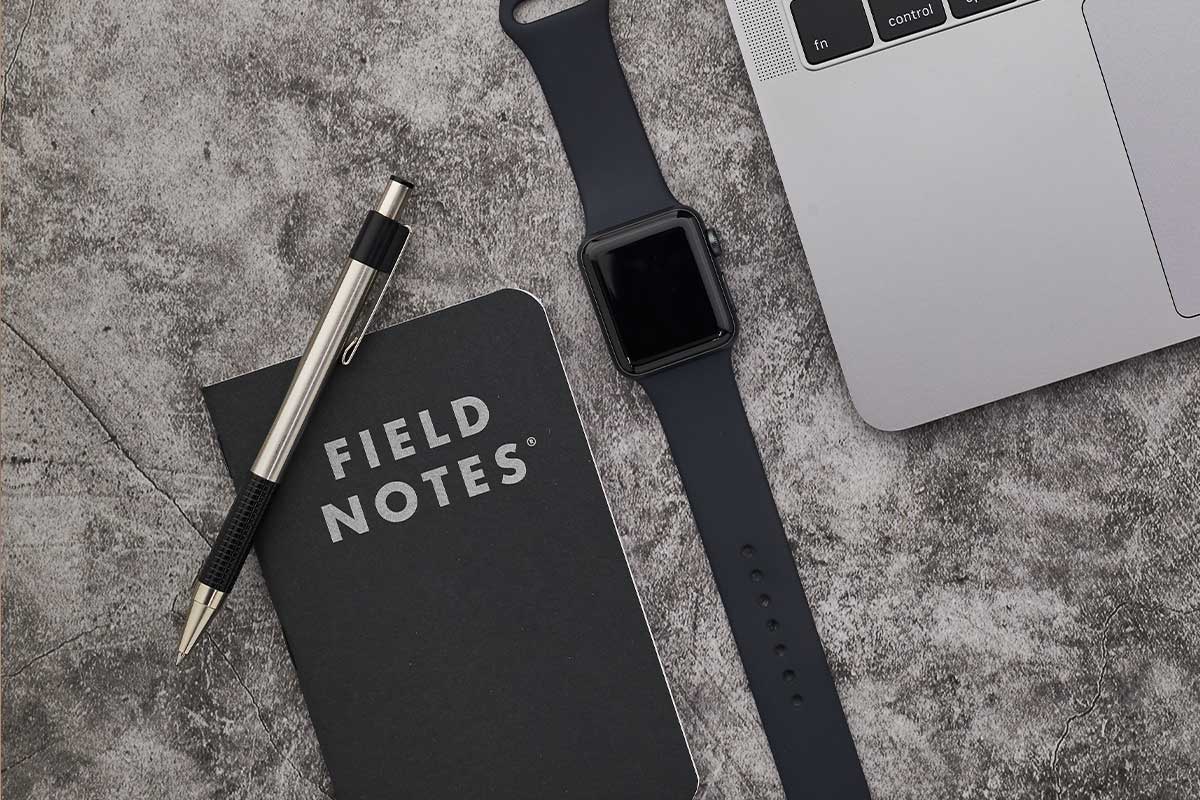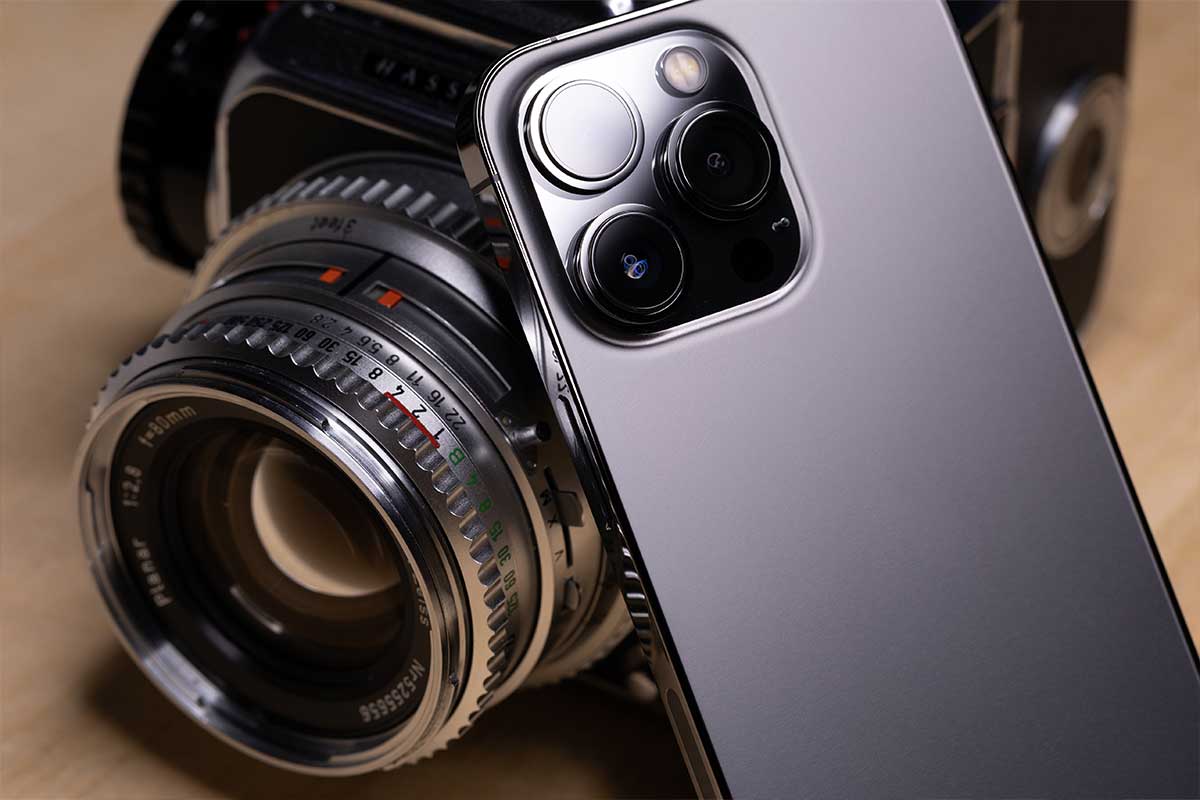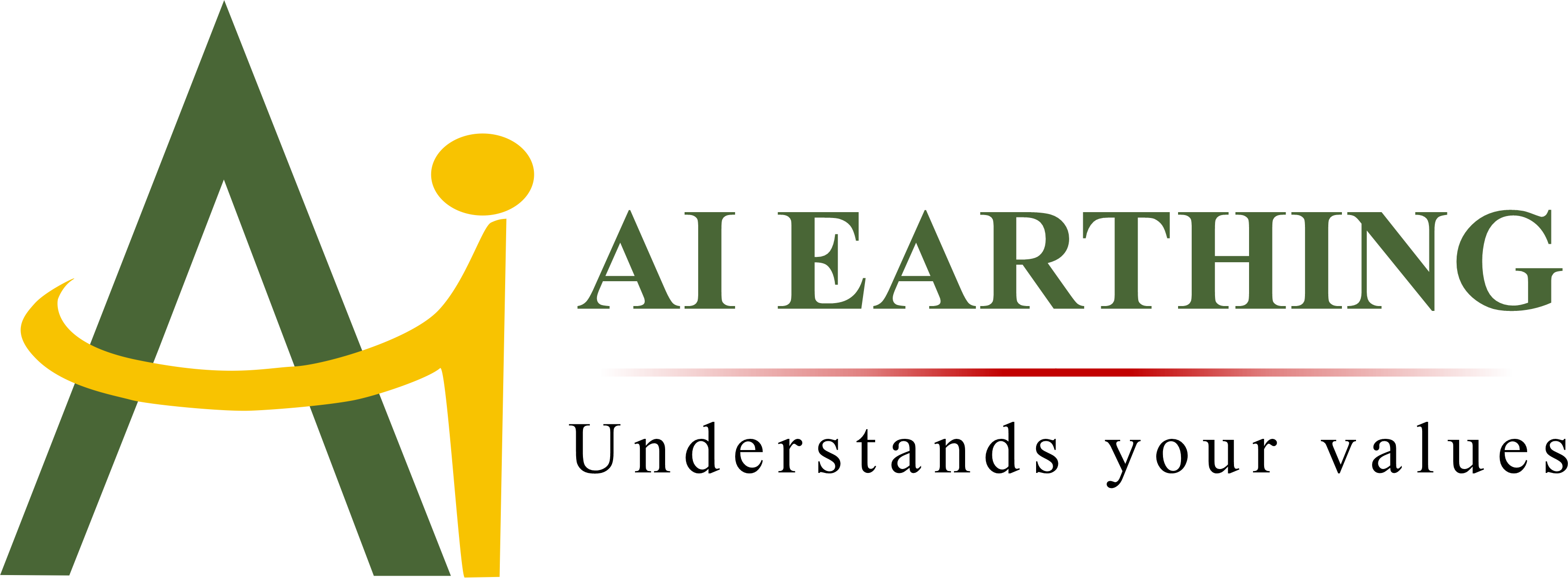
AI Earthing® is India’s leading manufacturer, supplier, and e
AI Earthing® is India’s leading manufacturer, supplier, and exporter of Exothermic Welding Molds and Exothermic Welding Powder in India. We provide high-quality, reliable solutions for all your exothermic welding needs.
What is Exothermic Welding?
Exothermic Welding is a simple, efficient method for creating strong, permanent bonds between metal conductors, such as copper to copper or copper to steel. The process involves a high-temperature chemical reaction between powdered copper oxide and aluminum. Unlike traditional welding methods, exothermic welding requires no external power source, making it a highly reliable option for various applications.


about us
Why Choose Exothermic Welding?
Permanent Molecular Bond: Exothermic welding forms a molecular bond between the conductors, ensuring a permanent connection that will not loosen or corrode over time.
Superior Conductivity: The molecular bond provides excellent electrical conductivity, making it ideal for grounding and bonding applications.
No External Power Required: The process operates independently of external heat or power sources, making it a cost-effective and versatile solution.
Versatility: This method is suitable for joining dissimilar metals, including copper, steel, bronze, galvanized metals, and stainless steel.
Long-lasting: The joints formed are resistant to corrosion and deterioration, ensuring a longer life span compared to other mechanical connections.
How Exothermic Welding Works
Exothermic Welding uses a high-temperature reaction to create a molten metal, which fills the weld cavity and forms a solid, conductive connection. The process is quick and straightforward, taking only 10 to 15 seconds to complete. Here’s how it works:
Preparation: Place the conductors to be joined in the weld cavity of a graphite mold. Position a steel disc at the base of the crucible.
Powder Pouring: Pour the exothermic welding powder into the mold, followed by the starting powder.
Ignition: Sprinkle a small amount of ignite powder on the mold’s mouth and ignite it using a flint gun. The reaction generates temperatures up to 2,500°F, melting the steel disc and filling the weld cavity with molten metal.
Completion: The molten metal cools and solidifies, forming a permanent bond. The mold can be cleaned and reused for the next weld.
This simple process can be easily performed by anyone with minimal training, making it an ideal solution for various applications.
Applications of Exothermic Welding
Exothermic welding is widely used in:
Grounding & Bonding
Lightning Protection
Power Plants
Substations
Transmission Lines
Industrial & Commercial Plants
Telecommunication Towers
Building & Housing
With the ability to create various joint types such as horizontal, vertical, straight, cross, overlap, L-shape, and T-shape joints, exothermic welding offers unmatched flexibility for your specific requirements.
Accessories for Exothermic Welding
To ensure a seamless welding process, the following accessories are essential:
Graphite Mold
Exothermic Welding Powder
Steel Disc
Ignite Powder / Starting Powder
Cleaning Brush Set
Flame Torch
Mold Handle
Hand Gloves
Flint Gun
Sealing Compound
Each accessory is designed to enhance the efficiency and safety of the exothermic welding process. For detailed instructions on how to use these accessories, please visit our Exothermic Weld Accessories page.
Advantages of Exothermic Welding
Exothermic Welds offer several significant advantages:
Permanent Molecular Bond: Creates a homogeneous and solid molecular connection that cannot loosen or corrode.
Superior Conductivity: Carries more current than the conductor, making it ideal for grounding and bonding.
Long-lasting: Resistant to corrosion and stable under repeated short-circuit pulses.
No External Power Required: The process operates independently of external heat or power sources.
Versatility: Suitable for welding a wide range of metals, including copper, stainless steel, bronze, and galvanized metals.
Safe and Easy: The process can be performed safely and efficiently, even in remote locations.
Types of Joints Possible with Exothermic Welding
Exothermic Welding is versatile, allowing for the creation of various joint types, including:
Horizontal Joints
Vertical Joints
Straight Joints
Cross Joints
Overlap Joints
L-shape Joints
T-shape Joints
Our innovative graphite molds are designed to accommodate all types of joints, ensuring that your specific requirements are met with precision.
